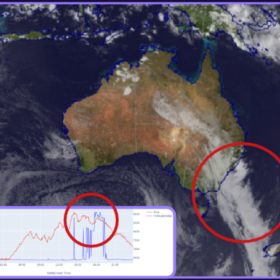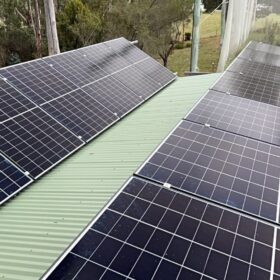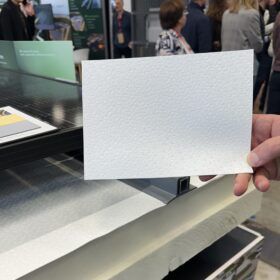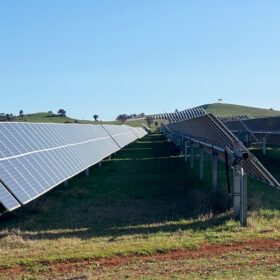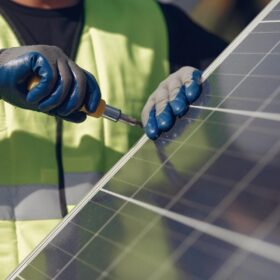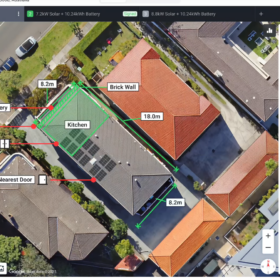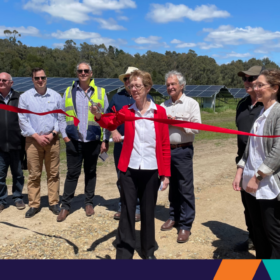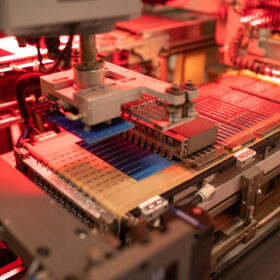Bad weather forecasts cost Australian solar energy sector $100 million: report
Solar energy forecasting company Solstice AI research has found a 10% improvement in weather / solar forecasting accuracy would generate an extra $38 million per year in profit for Australia’s utility solar, and worldwide, $9.5 billion.
AIKO donates rooftop solar system to injured birds of prey rehab centre
China-headquartered solar technology manufacturer AIKO Energy has gifted a rooftop solar system to a birds of prey rehabilitation refuge in Tasmania, using it’s Neostar 2P 475W panels.
Renolit showcases reflecting cool roof membrane for bifacial rooftop PV
Renolit France has introduced the Alkor Bright reflective membrane for bifacial rooftop PV systems, offering high solar reflectivity and durability for flat or pitched roofs. The membrane helps keep buildings cooler while boosting the energy output of bifacial solar modules.
Renewables on rise as AEMO lays out roadmap for energy transition
A draft blueprint for Australia’s energy market calls for 120 GW of grid-scale solar and wind, 87 GW of rooftop PV, 55 GW of dispatchable storage and 6,000 kilometres of new transmission infrastructure by 2050 to replace retiring coal plants, meet a near doubling of electricity demand, and deliver on government emissions and renewable energy targets.
Distributed PV employment globally outpaces utility-scale solar, says IEA
The latest edition of the International Energy Agency’s (IEA) World Energy Employment report found employment in the PV sector surpassed 5 million in 2024, with distributed solar accounting for two-thirds of all solar employment globally, despite representing only 43% of installed capacity.
GreenSketch 3.0 fast tracks solar and battery install design and business
Australian solar distributor OSW Group has enhanced its free solar, battery design and installation business tool, GreenSketch version 3.0 with new AI-powered features, that simplify and accelerate workflows.
Salvation Army powers aid efforts with new agrivoltaic solar farm
The Salvation Army Australia has completed an agrivoltaic, and its first, solar farm near Melbourne, with the aim to reduce its carbon footprint while boosting its ability to help those most in need.
Panasonic glass-based perovskite solar panels tested in office windows
Japanese electronics manufacturer Panasonic is testing its glass-based perovskite solar PV technology in office windows made by YKK AP, a construction and building materials company.
Rooftop solar install rates reach 2025 high
The latest monthly update from market analyst SunWiz shows 279 MW of new rooftop solar capacity was registered across Australia in November 2025, up 28 MW on the 251 MW that was installed during the previous month.
Tindo’s road ahead paved with funds, challenges and future-proofed growth
pv magazine spoke with Australian solar panel manufacturer Tindo Chief Executive Officer Richard Petterson about the company’s future expansion on the back of Solar Sunshot funding, and how it plans to tackle current market and manufacturing challenges to stay on course for future growth.
